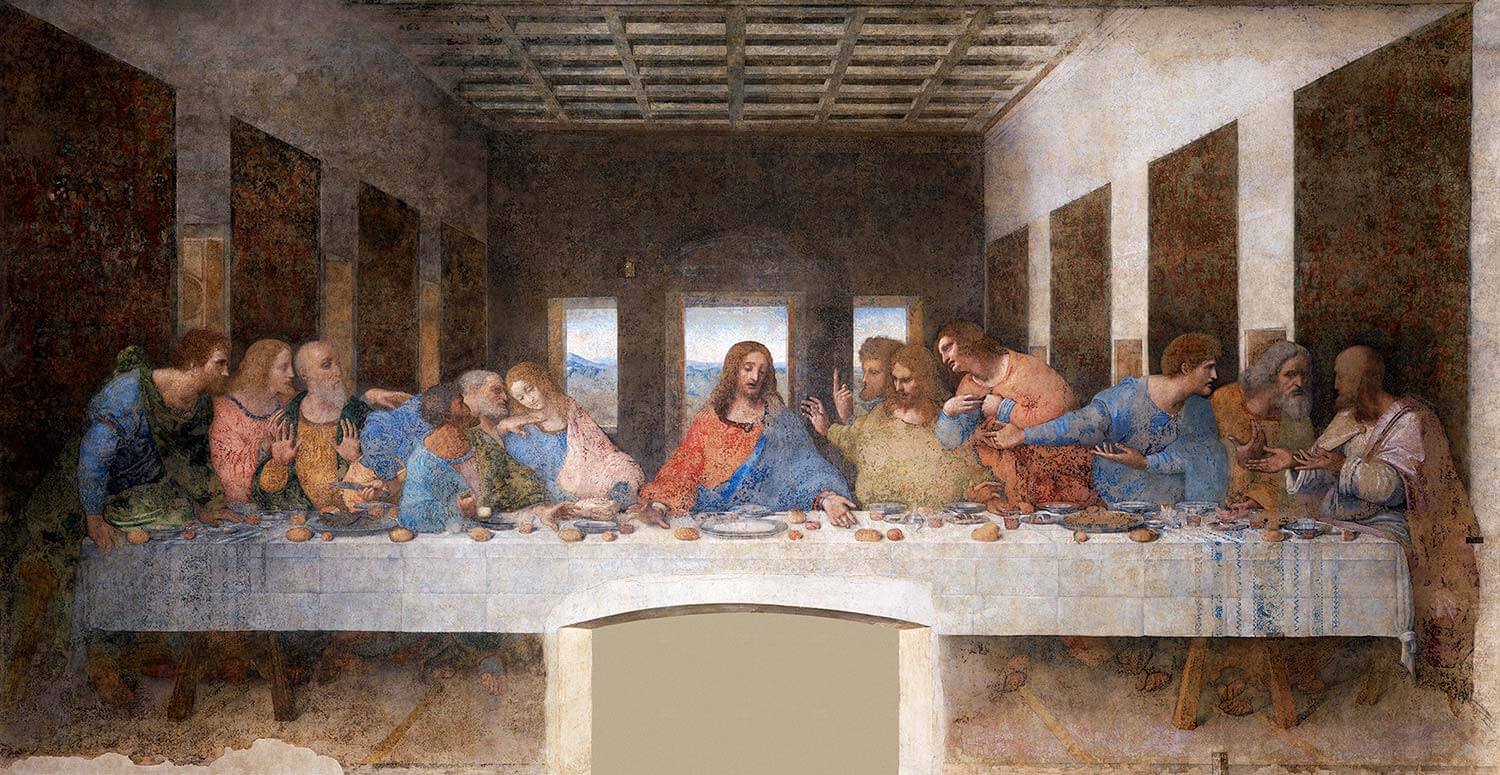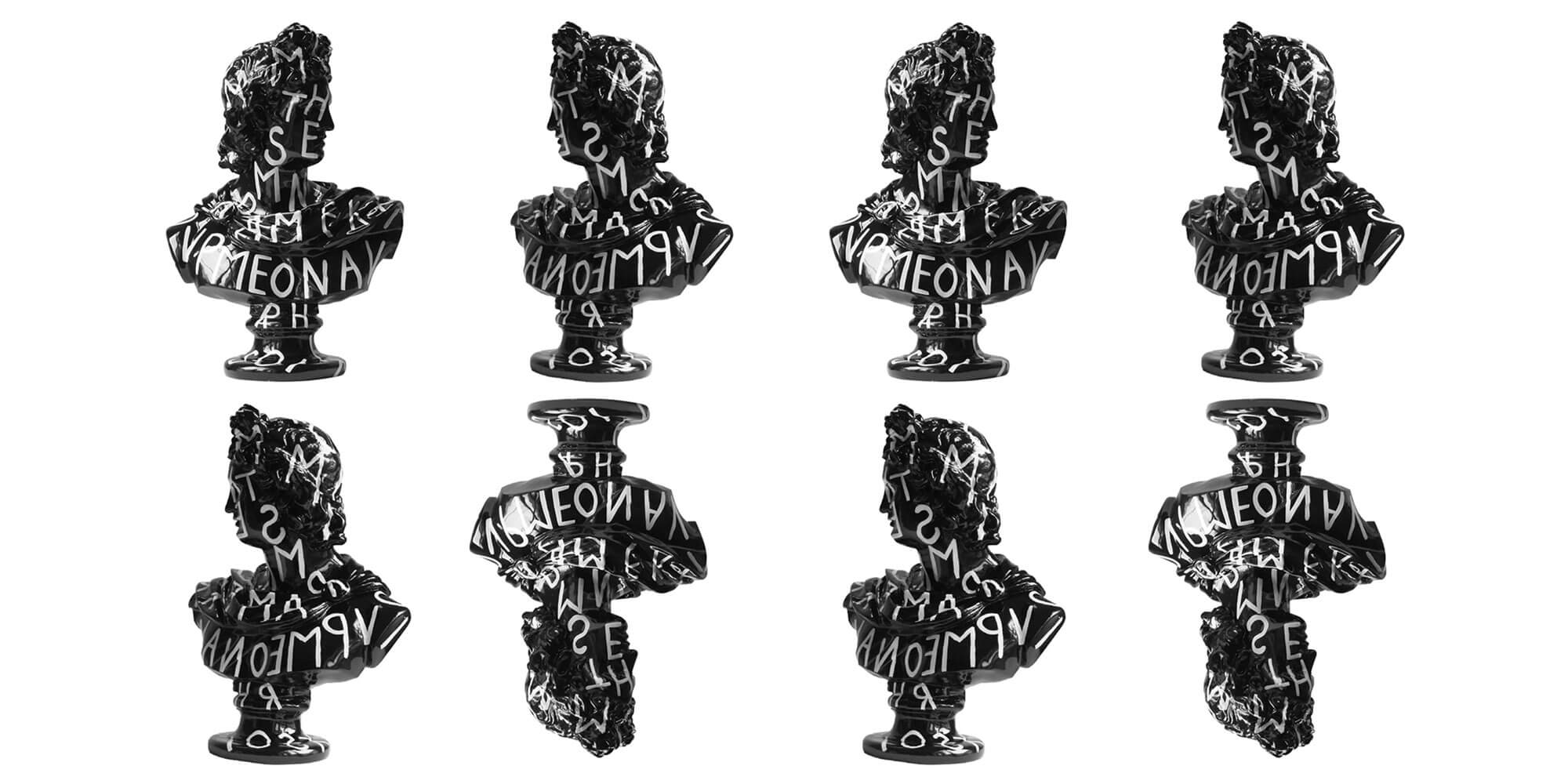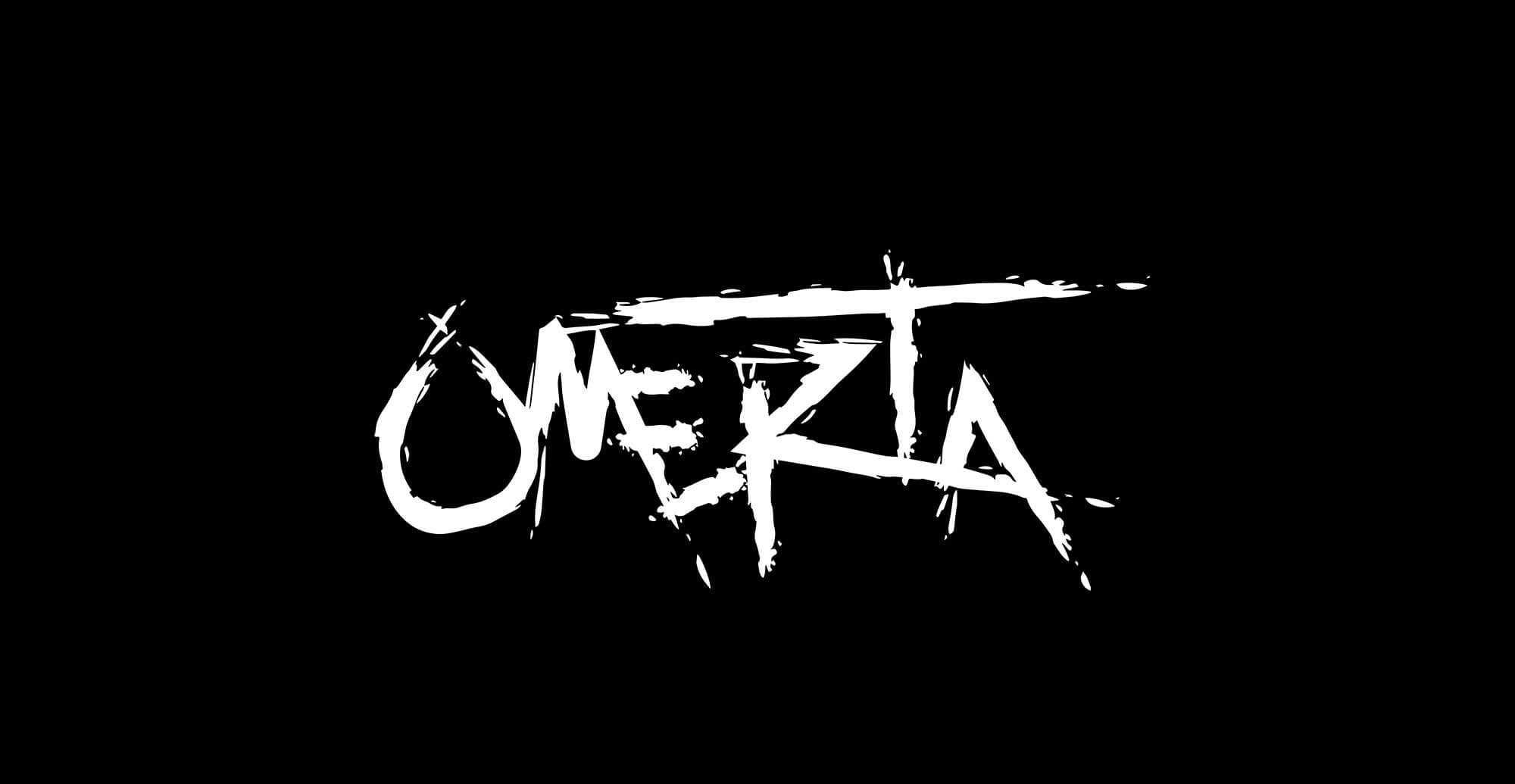
Omertà Definition and example of Code of Silence
The word "omertà" is derived from the Sicilian language, it is derived from the Latin word "humerus" which means shoulder. It is used to indicate the concept of "manliness" and "courage". In Sicilian culture, it has taken on the connotation of "silence" and "non-cooperation with authorities", especially when it comes to organized crime. The term omertà is used to describe the code of silence and non-cooperation with authorities that is often associated with organized crime groups, particularly the Mafia in Italy and Sicily.
In the context of organized crime, omertà is a code of conduct that encourages members to maintain silence and not to provide information or assistance to law enforcement. This helps to protect the criminal organization and its members from prosecution, and to maintain a sense of loyalty among members. The code of omertà is intended to shield criminals from prosecution and to maintain a culture of fear and intimidation within organized crime groups. It is used as a powerful tool to maintain power and control over their territories and activities.
The origins of Omertà as a code of conduct within organized crime can be traced back to the early days of the Sicilian Mafia, where it was used as a means to protect the organization and its members from law enforcement. The concept of omertà spread to other organized crime groups in Italy and eventually to other parts of the world, including the United States, where it is associated with the American Mafia.
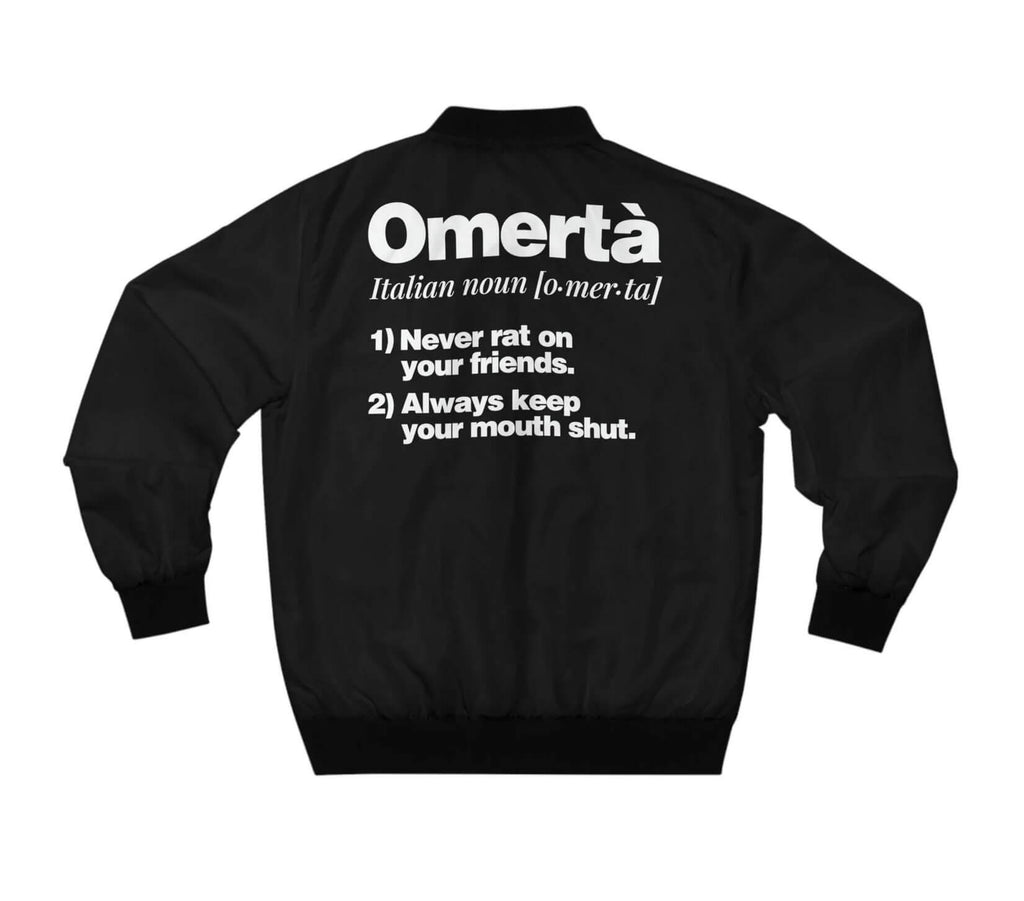 The term "omertà" has become a well-known term, not only within the criminal underworld but also in popular culture, where it has been depicted in various books, movies, and TV shows, in order to depict the criminal life.
The term "omertà" has become a well-known term, not only within the criminal underworld but also in popular culture, where it has been depicted in various books, movies, and TV shows, in order to depict the criminal life.
What is Omertà code as example?
An example of omertà in practice would be a member of an organized crime group refusing to provide information or testify against other members of the group, even if faced with legal consequences. For instance, a member of a mafia group being questioned by the police about a crime committed by another member of the group, would not give any information about the crime or the individual who committed it, to protect the group and the individual.
Another example of omertà would be a member of a crime organization refusing to testify in court against other members of the group, even if faced with legal consequences such as perjury. This could happen even if the member has knowledge of the crime committed by the other members, they would not share any information with the authorities to protect the group and its members.
In both examples, the individual would be adhering to the code of omertà by refusing to provide information or assistance to law enforcement, in order to protect the criminal organization and its members.
Why is Omertà so popular?
Omertà is a popular concept in organized crime because it serves several important functions for criminal organizations. One of the main reasons that Omertà is so popular is that it helps to protect the criminal organization and its members from prosecution. By maintaining a code of silence and non-cooperation with authorities, members of the organization are less likely to be caught or to betray one another. This helps to maintain the secrecy and power of the organization.
Another reason that Omertà is popular is that it creates a sense of loyalty among members of the organization. By adhering to the code of Omertà, members demonstrate their commitment to the organization and their willingness to protect it at all costs. This helps to maintain the cohesion of the organization and to ensure that members will not betray one another.
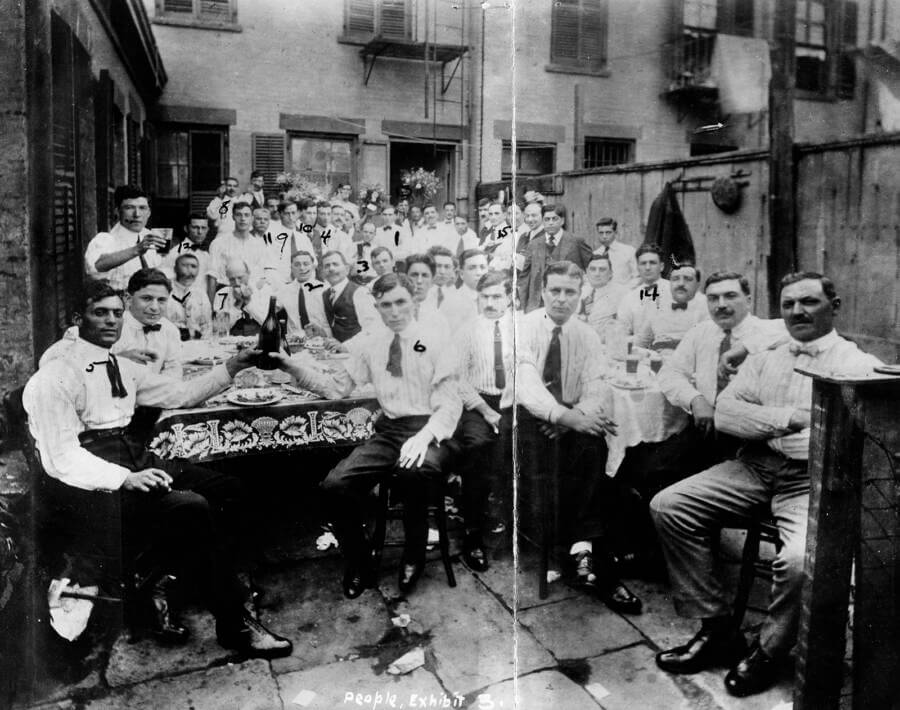
Criminal societies like the Camorra imported omertà to the United States, frustrating early attempts to penetrate Italian organized crime.
Additionally, Omertà is popular because it has become a cultural phenomenon that is associated with organized crime. This cultural association with organized crime has made it an attractive concept for those who want to be associated with the criminal underworld.
Lastly, it is also used as a way to exert control and power over the territory, for instance, the Mafia's use of Omertà in Sicily is a way to maintain their power in the region and to prevent others from challenging their control.
There have been several notable individuals who have broken the code of omertà and provided information or assistance to law enforcement in the fight against organized crime.
One example is Joe Valachi, a high-ranking member of the American Mafia, who was the first to publicly confirm the existence of the Cosa Nostra and testify against it in 1963. His testimony provided valuable information about the inner workings of the American Mafia, which helped law enforcement in their fight against organized crime.
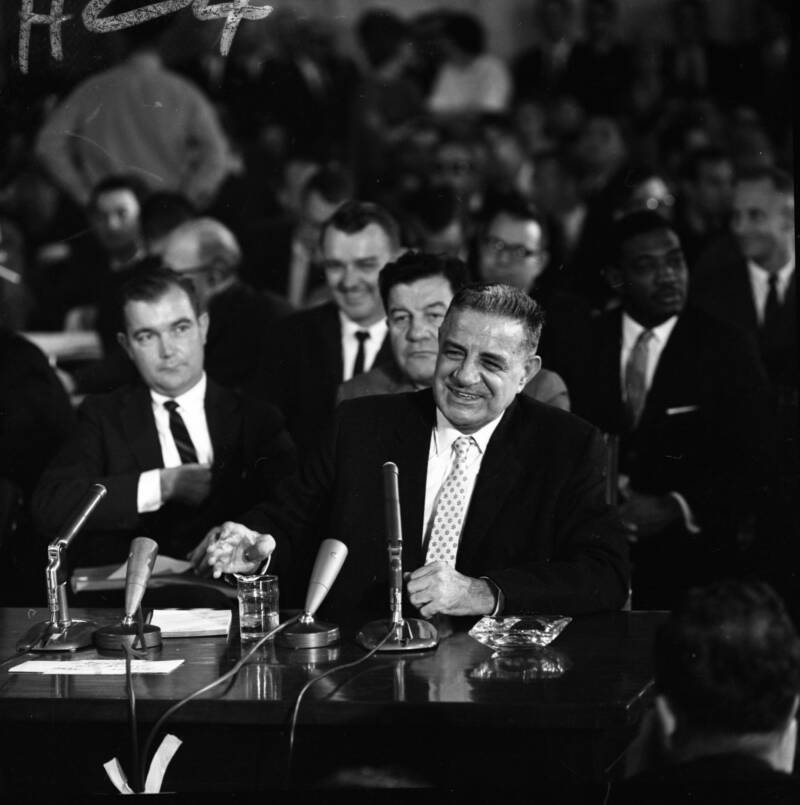 Joe Valachi’s Historic Betrayal Of The Genovese Family
Joe Valachi’s Historic Betrayal Of The Genovese Family
Another example is Tommaso Buscetta, a high-ranking member of the Sicilian Mafia, who broke omertà in the early 1980s and became one of the first high-level Mafiosi to cooperate with Italian and American law enforcement. His testimony provided detailed information about the inner workings of the Sicilian Mafia and helped to convict hundreds of Mafiosi.
Another example is Salvatore "Sammy the Bull" Gravano, a high-ranking member of the Gambino crime family, who broke omertà and became a government witness in 1991. His testimony helped to convict his former boss, John Gotti, and several other high-ranking members of the Gambino crime family.
These individuals broke the code of omertà, risking their lives and the lives of their families, to provide information and assistance to law enforcement in their fight against organized crime.
Frank Costello and Omertà code of silence

Frank Costello major American syndicate gangster, a close associate of Lucky Luciano, noted for his influence with politicians.
An example of the code of omertà in action is the case of Vincent Gigante. Under orders from Vito Genovese, Gigante attempted to carry out a hit on Frank Costello, but the attempt failed. When the case went to court, Costello did not identify Gigante as the hitman, instead saying he couldn't identify his attacker. This meant that Costello kept to the code and prevented Gigante from a lengthy jail sentence, while also avoiding breaking the code and the consequences it would lead to. Gigante even thanked Costello upon leaving the courtroom for not identifying him.

